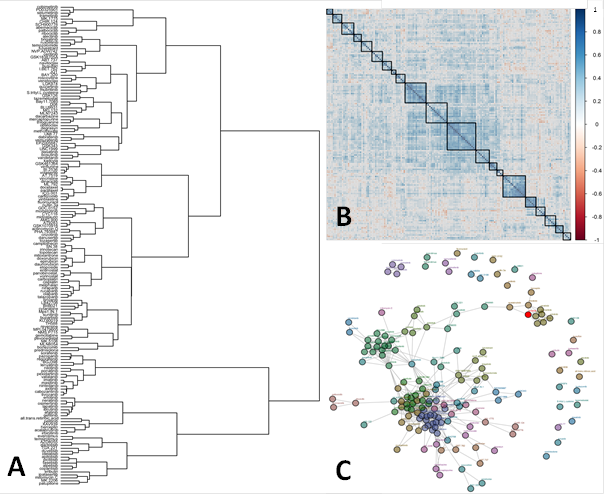Oss, June, 11th, 2018 – NTRC’s OncolinesProfiler™ service compares inhibitory IC50 signatures of anticancer drugs across 102 cell lines. The signatures belong to a proprietary database generated from the cell line profiling service Oncolines™, which is used for drug sensitivity analyses and biomarker discovery. NTRC has now expanded its reference compound database to 162 different anti-cancer agents. New compounds include Herceptin® (trastuzumab), the antibody drug conjugate Kadcyla®, the SUMOylation inhibitor ML-792, and the selective BTK inhibitor acalabrutinib. The database also includes many classic chemotherapeutic agents and targeted agents with diverse mechanisms of action, such as epigenetic modulators and PARP inhibitors. All recently added compounds were profiled on 102 genetically well-characterized human cancer cell lines from diverse tumor origins (the Oncolines™ panel). For the new release of the OncolinesProfiler™ database twenty-three agents that were previously profiled on 66 cell lines [1] were re-profiled on the 102 cell line panel.
OncolinesProfiler™ compares the IC50 fingerprint of a compound tested on the full Oncolines™ panel with the IC50 fingerprint of 162 different anti-cancer agents. NTRC proprietary implementations of state-of-the-art clustering and network analyses are used to determine the similarity of one compound with all agents in the library. The result provides insight into how unique a compound is compared to other anti-cancer agents. OncolinesProfiler™ may also provide insight into the mechanism of action of a compound in proliferation assays, as was shown for ibrutinib in reference [1]. In reference [2], OncolinesProfiler™ was used to establish the primary molecular target of reversine, a compound that was originally discovered in a phenotypic screen. OncolinesProfiler™ is included in Oncolines™. For further inquiries or quotations, please contact services@ntrc.nl
Figure 1: Comparative analysis of ibrutinib in OncolinesProfiler™. (A) Hierarchical tree clustering. (B) Correlation matrix. (C) Network tree.
Literature reference
[1] Uitdehaag et al. (2016) Molecular Cancer Therapeutics 16, 2609-2617
[2] Libouban et al. (2017) Oncotarget 8, 38309-38325
About NTRC
NTRC is a precision medicine company dedicated to the development of new anti-cancer drugs. NTRC facilitates the development of novel therapies by providing cancer cell line profiling services, target residence time measurements, and immune oncology assays on a fee-for-service basis. For more information please visit www.ntrc.nl/services or contact services@ntrc.nl






